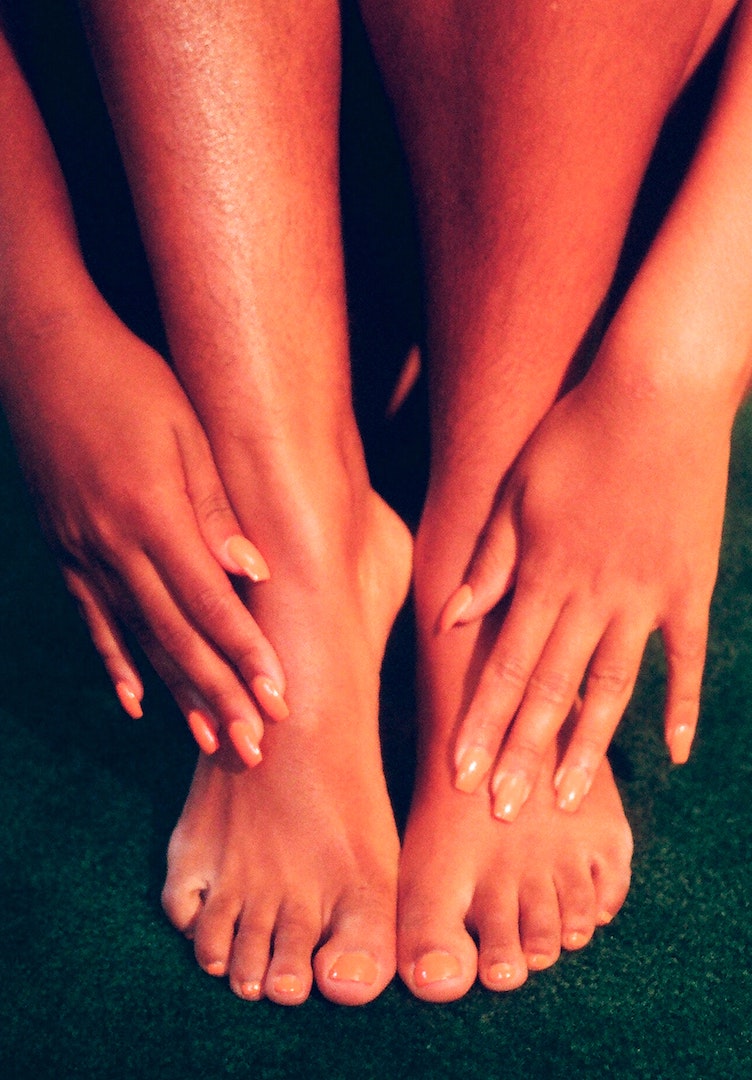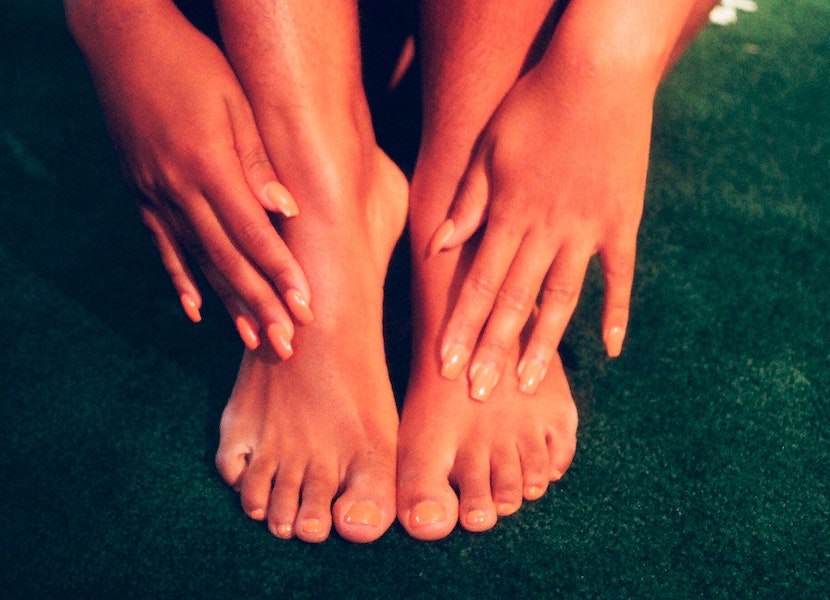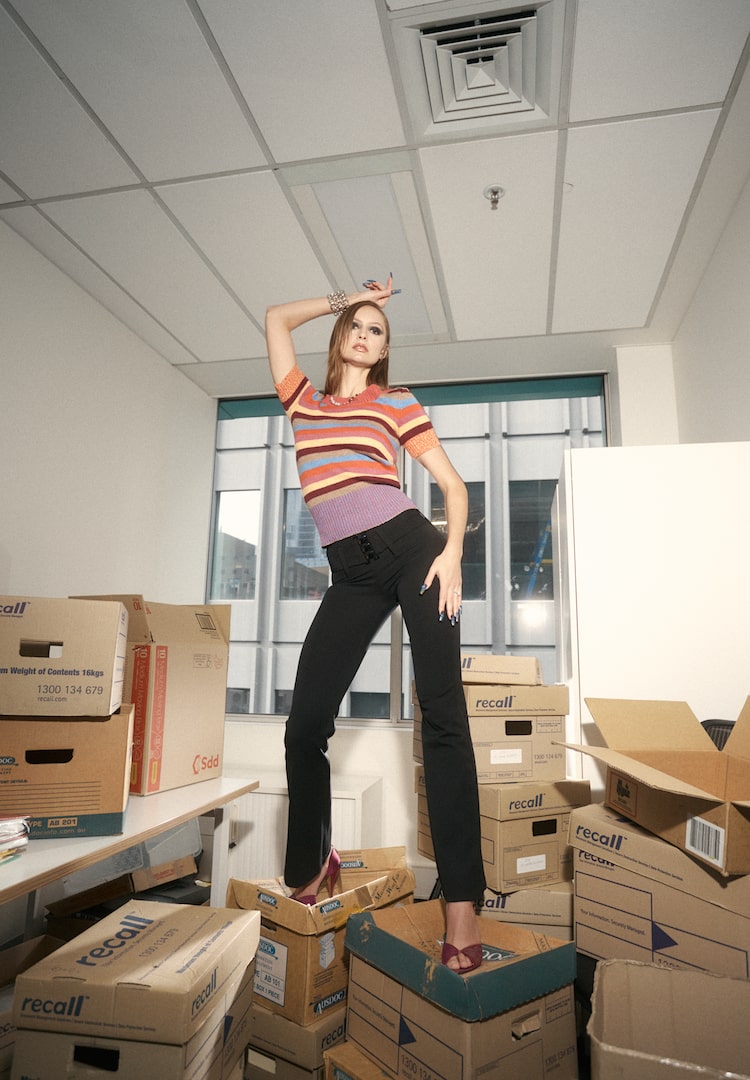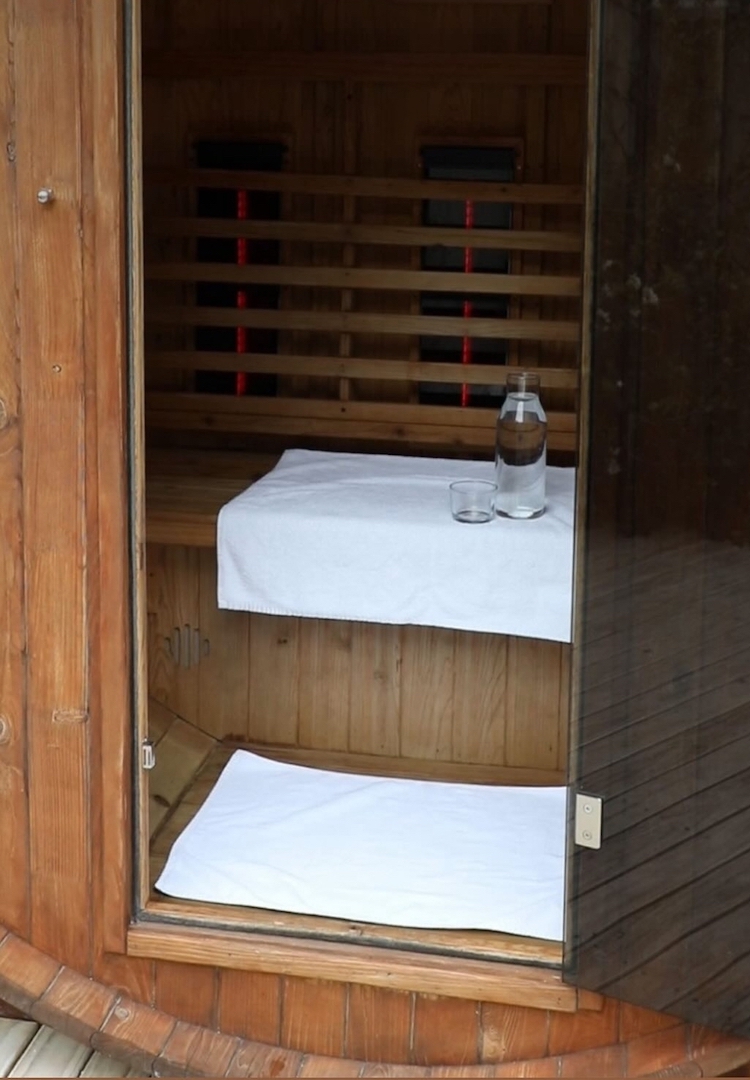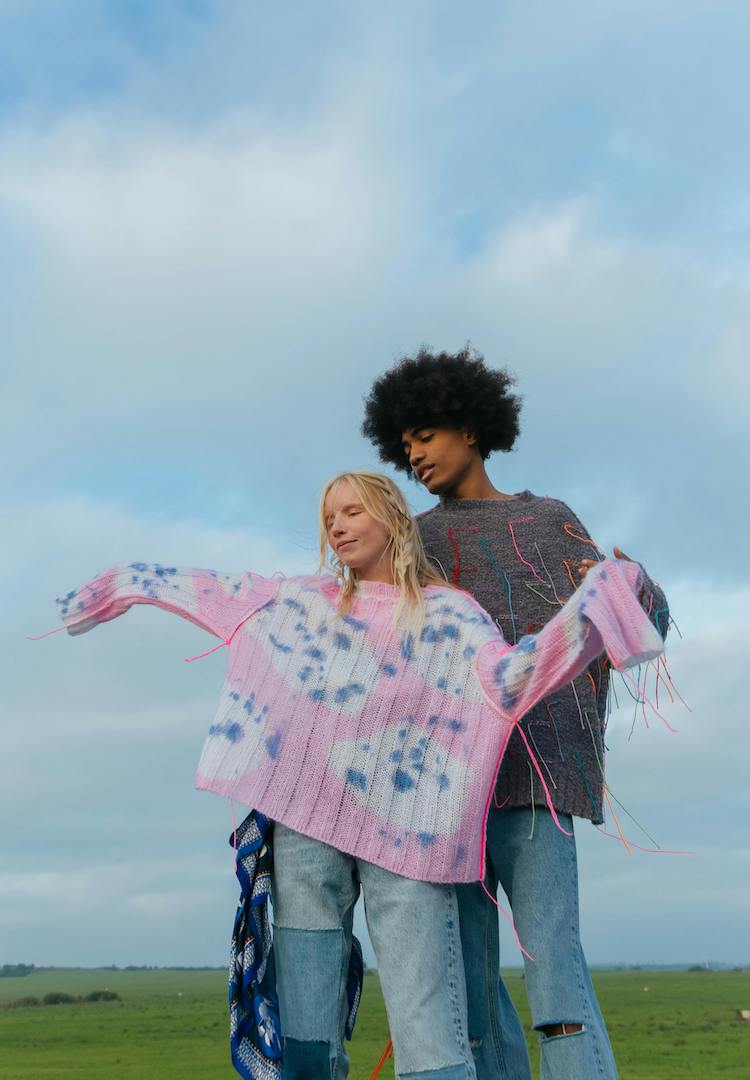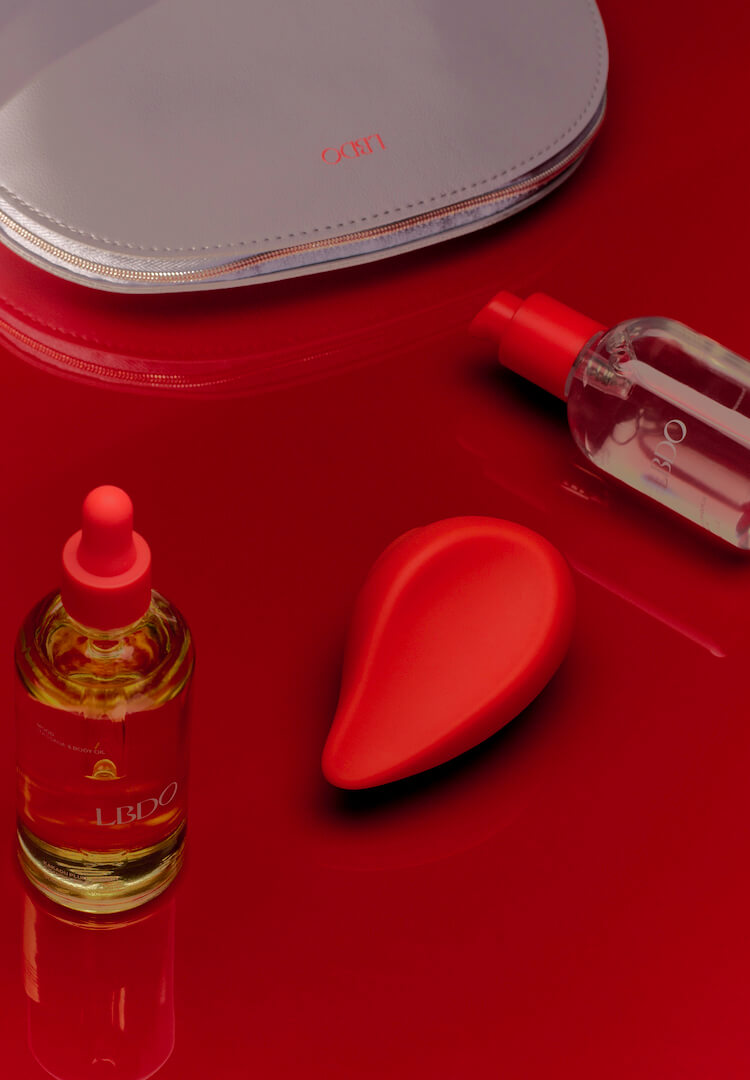If you’re nervous about having sex right now, this might be why
WORDS BY TESS FISHER
Post-lockdown intimacy anxiety.
Depending on where you’re reading this, you’ve endured almost two years of lockdowns. That means twenty-four months of your nose pressed up against the window, thinking ‘Oh god, how long until I can brunch/party/dance/fuck/get-my-hair-done again?’.
Now, the time has come. You can finally live your best hot vaxxed summer: spend $25 on a too-sweet cocktail, grind with someone on a sticky dancefloor, and say goodbye to the dreaded ‘walking date’.
For more sex talk, head on over to our Life section.
So how come the thought of hooking up is giving some people the ick? I spoke with Jasmin Quinsee, a senior psychologist at Sexual Health and Intimacy Psychological Services (SHIPS), to find out.
The impact of COVID
In the words of Jasmin, COVID has had a “varied and profound” impact on our sex lives. For almost two years, we’ve been conditioned to stay away from others. Safe sex meant only connecting with one partner, and the closest thing to ‘action’ with strangers was standing 1.5m apart while both wearing a face condom (or ‘masks’).
Even intimacy bubbles changed the way we interacted with others. We were forced to find one partner and settle down, and make it work for the duration of lockdown. As a serial dater, I found that pressure pretty intense.
Various communities were affected by the lockdown in different ways. ”It was a really difficult time for people who engage in non-monogamy,” says Jasmin. “Things like play parties for the kink community were cancelled or discouraged heavily, and hook up culture was almost phased out altogether. Some LGBTQIA+ communities had a particularly hard time being separated from one another and safe spaces in general.”
With so many factors at play, it’s no surprise we’re a little out of practice with human touch.
I was in a relo the whole time, what’s changed?
For some couples, lockdown began with a bang – pun intended. Jasmin attributes this to ‘pandemic flux syndrome’(PFS).
“The first stage of PFS is ‘surge capacity’. During that time, we saw people having more intimacy in long term partnerships because they were at home together more. But that burnt out pretty quickly. Now, we’re in the regression phase, where people go back to old ways of coping that might be maladaptive, and move away from intimacy.”
Most households experienced some kind of conflict during lockdown, with four common stressors including:
- Differing viewpoints (for example, you’ve just realised you’re dating an anti-vaxxer)
- Old trauma that’s resurfaced due to pandemic-induced trauma
- Childcare being brought into the home
- Fluxes in finances
“When external pressures come into the home, couples are often forced into a state of protection, where they disconnect from intimacy and from the self,” explains Jasmin. “Now, people are having trouble coming back into those parts.”
In addition to going into survival mode, most people are pretty pooped from coping with everything that’s happening in the world. “Burnout is a big factor,” says Jasmin. “People have expended their resources. You’re both very tired, plus you’re meant to be working hard and socialising. Actually getting relaxed enough, and finding time for intimacy, can be a challenge.”
Then there are the couples who couldn’t actually see one another. “Border closures were a really big one,” she says. “All of a sudden, partners couldn’t be intimate face-to-face. We saw a lot of switching to technology: solo sex, solo intimacy, and increased porn use seemed to be a trend. Also a lot of tech-assisted sex, with things like WeVibes becoming popular because it was either the only way, or the safest way, people could connect.”
Technology was a godsend for many couples, but lots of people are still finding it hard to connect offline as the world reopens.
Single and ready to… stay at home?
So what about all those thirsty singles who were building up their bank of right-swipes, and chomping at the bit to get back out there?
“When it comes to singles or people who are starting to date again, the social battery has been really deconditioned. If we’re not out socialising regularly, just adapting back to all of that stimulation is a lot,” says Jasmin. “After being told, ‘contact with others is dangerous’, our dysregulated central nervous system labels people we don’t know, or who get too close, as a threat. Not really that great for dating, unfortunately!”
The final thing to note is that the pandemic has changed who we are, inside and out. “A lot of people have been reassessing their lives and the things they want. They might be struggling with their identity, and figuring out who the people are that they really want to connect with.”
That means the 1am hook up you used to give into may no longer cut the mustard. That’s not anyone’s fault, you’ve just changed.
How to tell if you’re struggling
There are a few telltale signs that might indicate you’re experiencing post-lockdown intimacy anxiety.
- Avoidance: Staying away from settings where you might be intimate with somebody
- Rumination: Overthinking about people and situations
- Excessive worrying: Fear-based thoughts about being intimate
- Feeling amped up: Tightness in your chest or a racing heart
- Disassociating: Your body shutting down because you don’t feel safe enough to stay present
Some of these descriptors are pretty vague, so how do you tell if you’re just experiencing the usual pre-date jitters, or something different?
“It could be good to look at the timeline,” suggests Jasmin. “Make note of how often these things are coming up for you, and how long term the feelings are. Is it just the first date? Or are you now four dates in and you’re still feeling that way?”. Listening to your body and being on the lookout for prolonged behaviours is your best way to know if something is off.
Fighting the fear
Okay, so you’ve established you’re not sliding back into intimacy in the way you used to. What now?
- Normalise the way you are feeling. We struggle when we feel alone in our experiences. Recognise that Australia has been through a trauma, and so have you and the people around you.
- Have honest conversations. Find a space where you can talk openly about your anxieties. If you feel safe enough, maybe this is a chat you can have with your partner, or maybe it’s worth visiting individual or couples therapy at a place like SHIPS.
- Reduce expectations of yourself, and others. Don’t expect yourself to be the same intimate person you were two years ago – it puts you under unnecessary pressure.
- Recognise this is temporary. For most people, the anxiety brought on by the pandemic will dissipate. The stage we’re going through now is a normal part of the ‘adaption process’, and we will cycle back to our normal states of being before too long.
- Support your nervous system. Find ways to centre yourself, or as Jasmin calls it “rest and digest”. Things are in overdrive at the moment, find time to slow down and check in on yourself.
- Start journaling. Getting your feelings down on paper can help you bring your subconscious feelings into the conscious, making them easier to recognise and overcome.
- Educate yourself. We fear what we do not understand. Reading (and sharing) articles like these, and learning about things like the pandemic flux syndrome, can help you navigate new situations. The Ships Instagram is also a good resource, providing visual explanations for feelings you could be encountering right now.
- Slow down. After being starved of human touch, sensory stimulation can feel overwhelming. Remain present by practising mindful touch and taking things bit by bit.
- Self-compassion. Be gentle with yourself. Allow yourself the patience to work through the anxieties that are pulling you away from being intimate.
We’ve spent the last two years getting fucked by COVID, so it’s no surprise you might be feeling a little gun shy when it comes to sex. If you’re not quite ready for intimacy right now, treat this time like foreplay. Be kind to yourself, listen to your body, light some candles and move at your own pace.
For more on navigating sex during a pandemic, try this.


